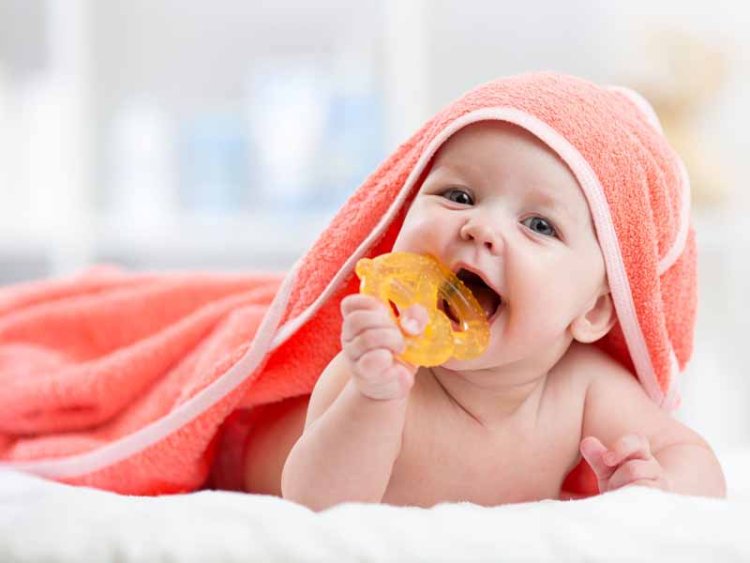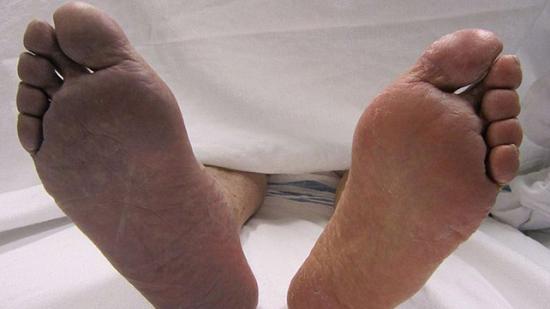Why Benzocaine Teething Remedies Can Be Dangerous for Babies and What to Use Instead
Teething is one of those milestones that feels both sweet and excruciating for babies and for parents. It’s hard watching your little one drool, fuss, and chew on everything in sight, trying to find some relief as those tiny teeth push their way through tender gums. So when a product promises to “numb the pain,” it’s tempting to grab it off the shelf.

But here’s the hard truth: benzocaine-based teething gels and liquids can do more harm than good.
The Hidden Danger in Benzocaine
Benzocaine, the numbing agent found in products like Baby Orajel, Anbesol, and Orabase, works fast to dull pain. You’ll also find it in adult remedies like Cepacol and Chloraseptic for sore throats. But while it might seem like harmless relief, benzocaine carries a serious risk: a condition called methemoglobinemia.
This rare but potentially life-threatening reaction affects how your baby’s blood carries oxygen. Normally, hemoglobin (the protein in red blood cells) picks up oxygen in the lungs and delivers it to every tissue in the body. Benzocaine can alter hemoglobin’s chemistry, turning it into a form that holds onto oxygen instead of releasing it. The result? The body’s tissues including the brain and heart don’t get the oxygen they need.
Babies and toddlers are especially vulnerable because of their smaller blood volume. People with heart or lung problems are also at risk, since their oxygen levels may already be lower than normal.
Symptoms of methemoglobinemia can appear suddenly and include:

Pale, grayish, or blue-tinted skin or lips
Dizziness or confusion
Headache
Rapid heart rate
Fatigue or unusual drowsiness
In severe cases, it can lead to seizures, coma, or even death. Thankfully, hospitals can treat the condition effectively if it’s recognized quickly.
Because of these dangers, the U.S. The Food and Drug Administration (FDA) has repeatedly warned parents to avoid benzocaine products for children under 2 and has urged companies to stop marketing them for infant teething altogether.
Safer Ways to Soothe Teething Pain
The good news? There are plenty of gentle, effective ways to help your baby through teething without taking unnecessary risks.
Here’s what pediatricians recommend instead:

Cold Comfort – Give your baby something chilled to chew on, like a cold (not frozen) teething ring, a soft silicone toy, or a clean, damp washcloth that’s been cooled in the fridge. The cold helps reduce inflammation and numbs discomfort naturally.
Pain Relief (When Needed) – If your baby is really uncomfortable, ask your pediatrician about giving acetaminophen or ibuprofen. Doses should be based on your baby’s exact weight, never guess.
Extra Comfort – Sometimes the best medicine isn’t medicine at all. Extra snuggles, a calm environment, and gentle distractions like a warm bath or a lullaby can work wonders.
Be Cautious with “Natural” Remedies – The shelves are full of teething products labeled “natural” or “homeopathic,” but natural doesn’t always mean safe. Always check the ingredients and talk to your child’s doctor before trying one.
The Takeaway
Teething can be tough there’s no denying it. But it’s also temporary, and your baby will get through it with a little patience and comfort from you.
When it comes to pain relief, skip the quick fixes that can put your child at risk. Benzocaine might promise instant relief, but it’s simply not worth the danger. Stick with simple, safe remedies, and remember: sometimes, a chilled teething toy and a parent’s reassuring arms are the most powerful painkillers of all.
What's Your Reaction?




















